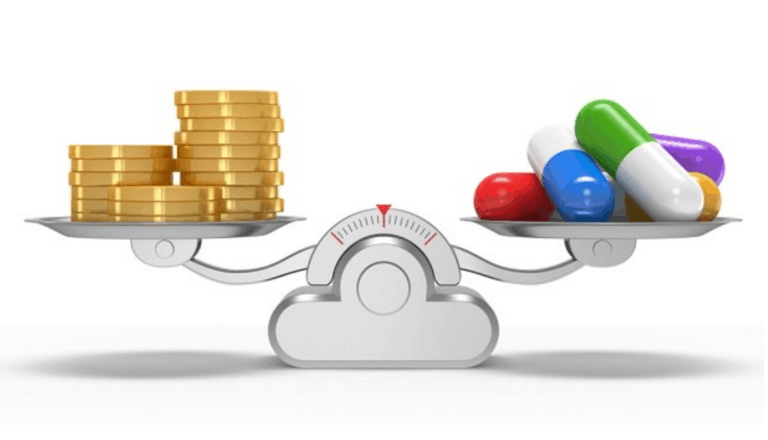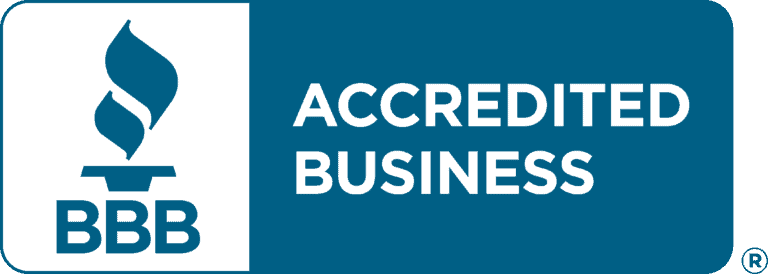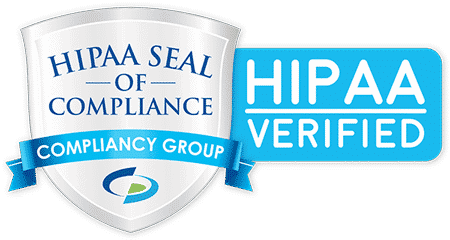The COVID-19 pandemic has affected all sectors of the economy, including the pharmaceuticals. The majority of self-insured employers are not planning to make any changes in their pharmacy plans, even with the pandemic. A recent survey has found that 90% of self-insured employers are not considering reviewing their pharmacy plans. This percentage jumps to 100% for companies that have more than 1000 employees.
Why is this? This article will look at what self-insured employers and self-insured companies are, how PBMs work, and more.
What is Self-Insured Healthcare?
Today many companies opt-out of utilizing a traditional insurance plan and instead are using a self-insurance plan. This solution to cutting costs was only viable for larger companies in the past. But, small to medium-size businesses have also taken advantage of self-insurance. This is because of the significant changes made in health care regulations. The costs of traditional insurance plans are rising again.
Estimates suggest that about 82% of employees are covered with insurance that is self-funded by their companies in the United States. An employer provides disability benefits and health benefits to their employees. The employers get funds from their company assets instead of a traditional insurance company. Hence that is why it’s called “self-insured.” Saving money is one of the main drivers for companies to use self-insurance, but there are other benefits.
Benefits of Being a Self-Insured Employer
Both employer and employee can enjoy a range of benefits from utilizing self-insured plans. Employers can reduce costs by implementing a self-funded insurance program. Many state regulations are removed, giving companies more flexibility. This gives employers the freedom to plan their health insurances to be a real employee benefit.
Employers choose what to include in their healthcare packages, from dental coverage to vision coverage. They can even place a focus on wellness programs. Self-insured employers have access to their employee’s full claims data. This gives them more options, and they can analyze this data, see what is relevant to their employees, and plan their health care expenses. Thus, significantly improving the budgeting side of the company.
The employees also enjoy benefits from self-insurance. In most cases, the switch between traditional insurance plans and a self-insured plan is seamless for employees. For example, they can still visit the same doctor they’ve seen before. Employees can also get more resources to understand their coverage better if their employers decide to partner with a healthcare consultant. Wellness programs have also been found to increase the satisfaction of employees.
Self-Funded vs. Fully Insured Companies
There are huge differences between a self-funded plan vs. a fully insured one. Simply put, self-funded companies fund their health plans from internal funds such as company assets. They pay the health claims of their employees as they occur. All the risks are on the employer’s shoulders up to a loss cap. On the other hand, fully insured companies pay a monthly premium to a traditional insurance company.
The insurance company will take care of every cost of the employee. There will be no additional risks to the employer. The massive downside of fully insured companies is that if their employees are healthy, they won’t use the insurance plan. This leaves the employer with substantial costs every year.
How Do Pharmacy Benefit Managers Work?
Pharmacy benefit managers, also known as PBMs, play a huge role in the insurance industry. PBMs are third-party companies that manage prescription drug programs on behalf of health insurers. Either traditional health plans, self-insured plans, and other insurance plans. They pretty much act as the middleman of the prescription drugs distribution chain.
Thus, PBMs have a significant role in determining the total costs of prescription drugs for insurers. They also influence how much the different pharmacies are paid. They decide how much access patients have to medications. PBMs have also faced numerous criticism and scrutiny due to their role in the rise of prescription drug costs.
Here are how Pharmacy Benefit Management Companies impact how much we have to spend on prescription drugs and how easy we can get them.
- PBMs have immense purchasing power in the drug prescription world. They use this power to negotiate discounts and rebates from various drug manufacturers.
- On behalf of health insurers, PBMs will develop a list of all covered medications. This will influence which drugs each individual uses and how much the out-of-pocket costs are.
- PBMs will have contracts with individual pharmacies that allow them to reimburse all the drugs provided to beneficiaries.
Over the years, Pharmacy Benefit Managers have lowered drug prices and slowed the growth of prescription drug spending. This due to their unique ability to negotiate large rebates and discounts from drug manufacturers.
Why Are Employers Not Changing Their Pharmacy Plans?
The majority of employers do not plan on changing their pharmacy benefit plans despite the COVID-19 pandemic this year. This is quite peculiar. The prescription drug market and employee population shift almost daily. But the survey found that employers only review their pharmacy plans every two-five years.
Why is this? The survey found that 79% of employers think they are equipped with the proper tools to check their PBM’s bills. Yet, they may not be using them. Only 27% of them receive a comprehensive analysis of their PBM bill every month. Another likely reason is that 92% of employers think that lowering pharmacy costs is essential. Yet, only 31% of the employers provide a prescription drug saving program to their employees. There is minimal action taken in this regard.
Time To Take Action
Companies are being lazy and complacent about their pharmacy benefits plans because they think they are too small to manage this process. You should start taking action to improve your benefits programs, especially now. Having a proper pharmacy plan will also increase employee satisfaction.
We hope this helps in your understanding of self-insured options and the handling of PBMs. Please call us to have a conversation to determine how we can help.






